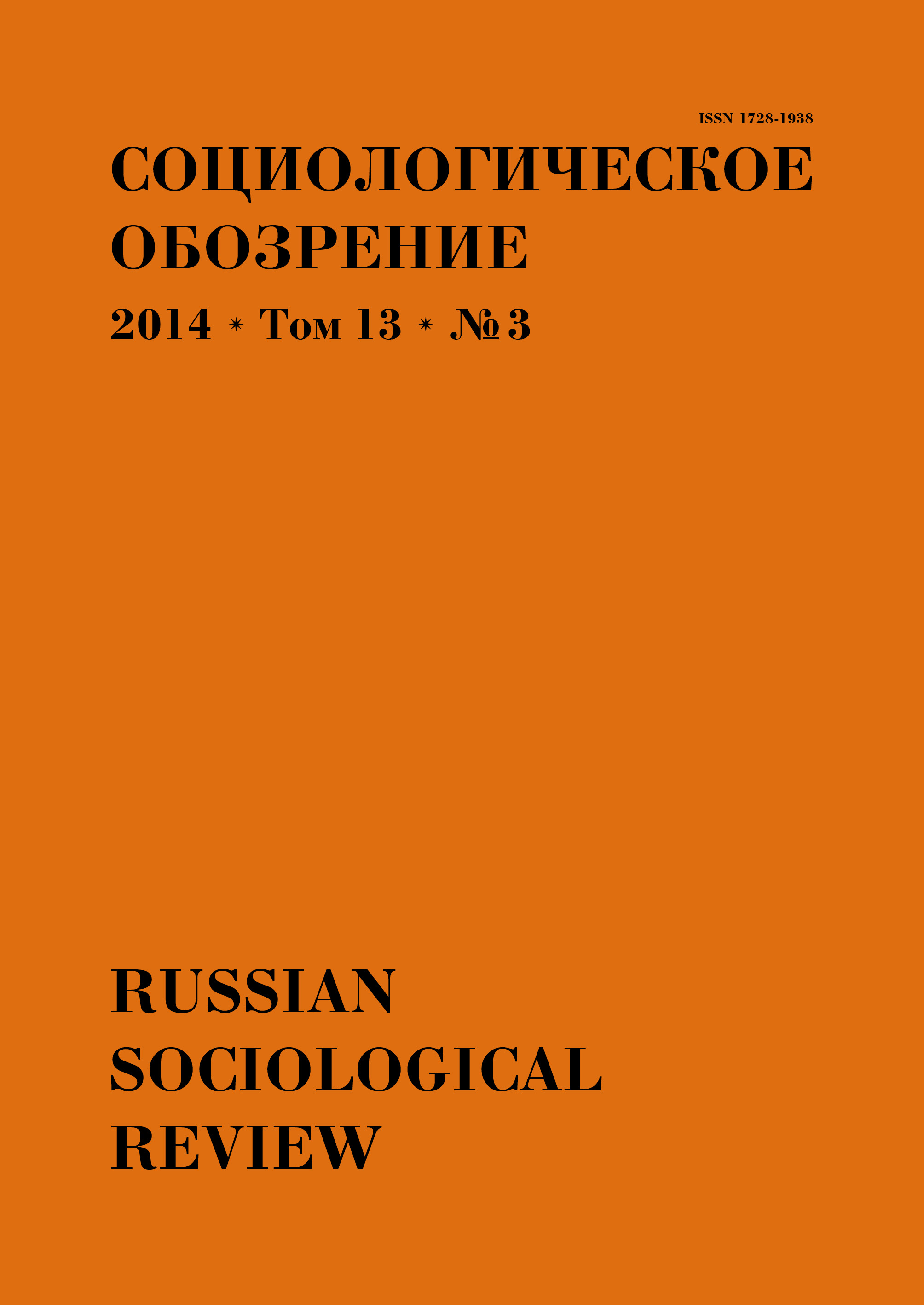Power, Church, and State in the First Lecture on the Ecclesiatical Power by Francisco de Vitoria
Keywords:
Spain, state, Francisco of Vitoria, School of Salamanca, theory of authority, Church, Counter-Reformation
Abstract
The introductory part of the article is dedicated to the analysis of the external structure of the lecture on the ecclesiastical power. Are describing the date of the lecture, its place among others relectiones of Vitoria, the lists of the authorities and adversaries of the Dominican Theologist. In the principal part of the article are analyzing the crucial pillars of the theory of Church Power elaborated by Francisco de Vitoria. The theory of power formulated by this thinker had represented a new stage in the development of European Political Thought of Modernity. First of all, Vitoria denies the identity of the concepts of potestas and potentia and declares that the potestas consists from potentia, some preeminence and the auctoritas. Thus, the auctoritas became to be considered as a principal part of the potestas or, at times, its complete synonyms. The next crucial point marked in the article is the idea of the separation of Church and State. Vitoria considered the Church as an autonomous system (he said, “the Christian Commonwealth”), which had the same rights and privileges as the State. At the same time, when the State enters in the political collapse, is the Church (or, more precisely, a Pope) who should take the power and lead the State to its normal position. The State, in its turn, can rule the clergy in the causes concerning the civil administration, because the king “is the king not only for laymen but also for a clergy”.Downloads
Published
2014-12-29
How to Cite
МарейА. (2014). Power, Church, and State in the First Lecture on the Ecclesiatical Power by Francisco de Vitoria. Russian Sociological Review, 13(3), 126-135. Retrieved from https://cfjournal.hse.ru/index.php/sociologica/article/view/108
Issue
Section
Translations




